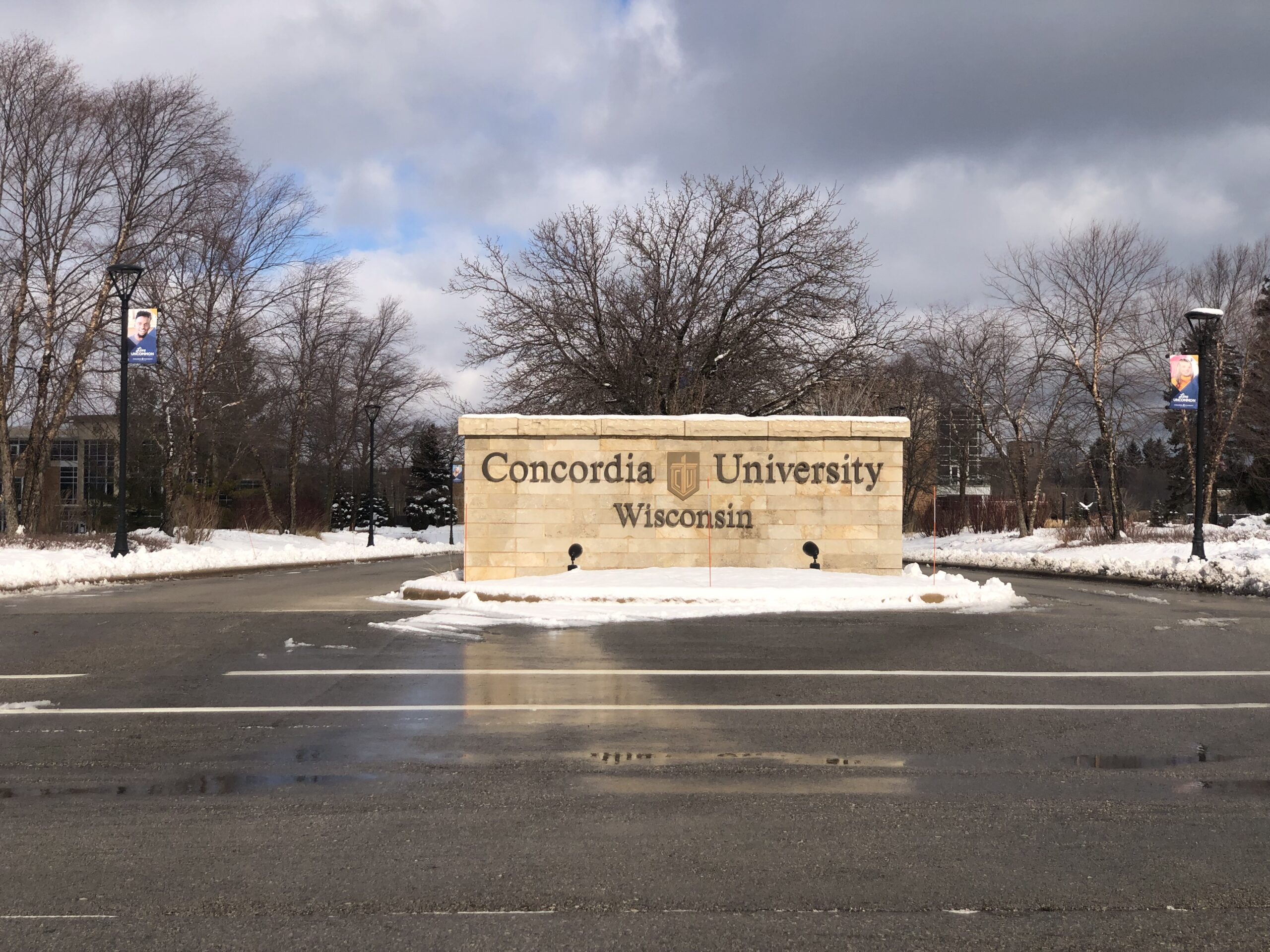Wisconsin universities could lose almost 50 million dollars of federally funded research grants unless congress passes legislation to stop sequestration.
The UW-Madison collects just over a billion dollars in research funding annually, putting it in the top five among universities nationwide. Dan Uhlrich is a neuroscientist and the Associate Vice Chancellor of Research Policy at the university. He says researchers with multi-year grants are especially concerned about the future. His current project, for example, is in year three of a five year grant. Uhlrich says he’s worried about what he’ll do if his funding is cut.
“Those cuts can be difficult because you’ve already planned your experiments.” he says. “You’ve hired people, and now you’re trying to figure out how you’re going to make ends meet going forward.”
Stay informed on the latest news
Sign up for WPR’s email newsletter.
Uhlrich says even if he receives full funding for the grant he’s already been awarded, he needs to renew it to continue his work. Ann Speicher is a spokeswoman with the Association of American Universities. She says if sequestration cuts are administered how funding cuts have been applied in the past, the effects could be devastating.
“Historically, when a research agency has to cut back funding, it will give first priority to its existing awards.” She says.”What that means in this case is that there will be fewer opportunities for new awards, and that renewals of existing awards will be in trouble.”
The UW-Madison receives grant money from nearly a dozen agencies including the National Institutes for Health, the National Science Foundation and the US Department of Energy.
Wisconsin Public Radio, © Copyright 2024, Board of Regents of the University of Wisconsin System and Wisconsin Educational Communications Board.





